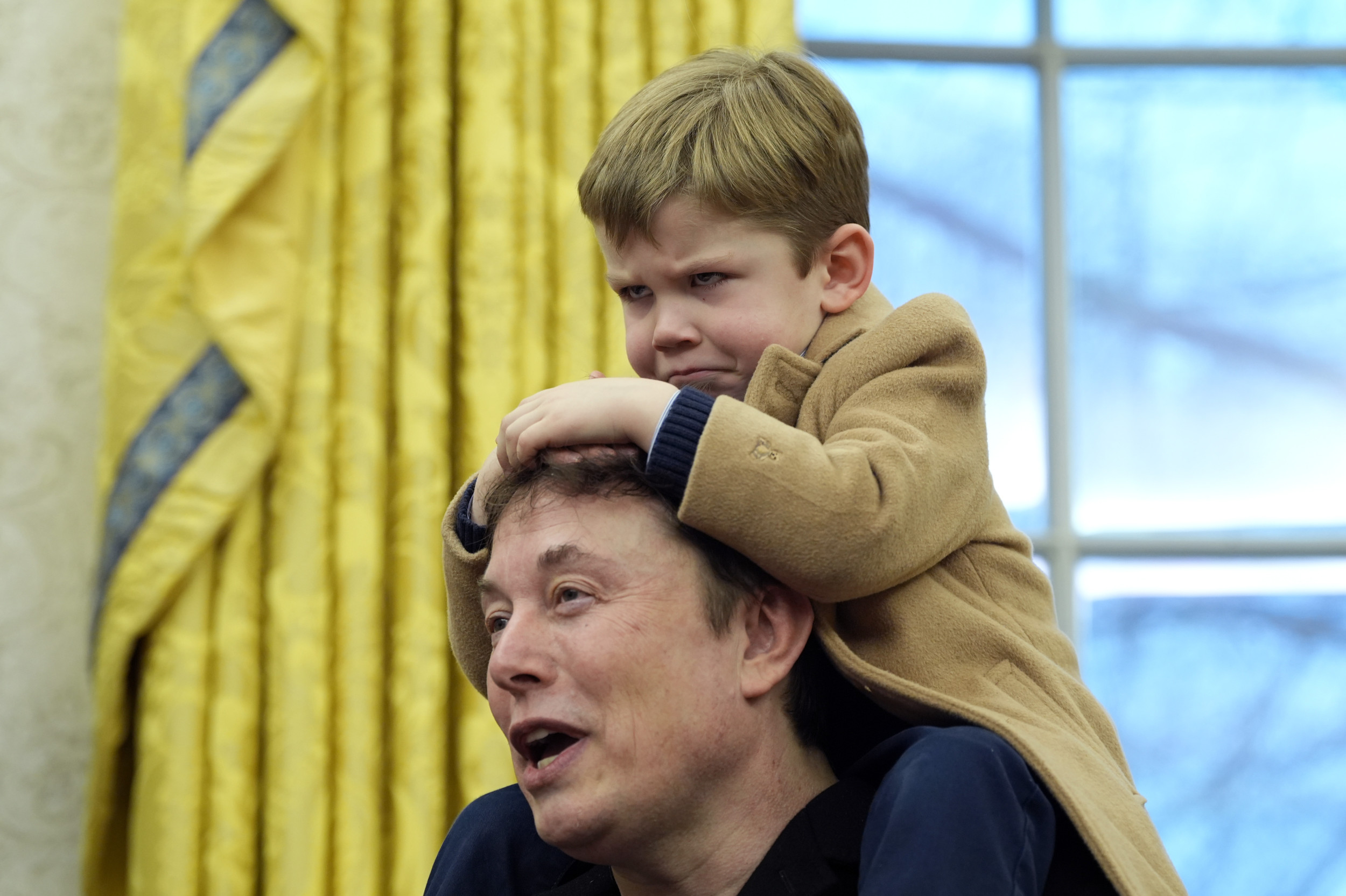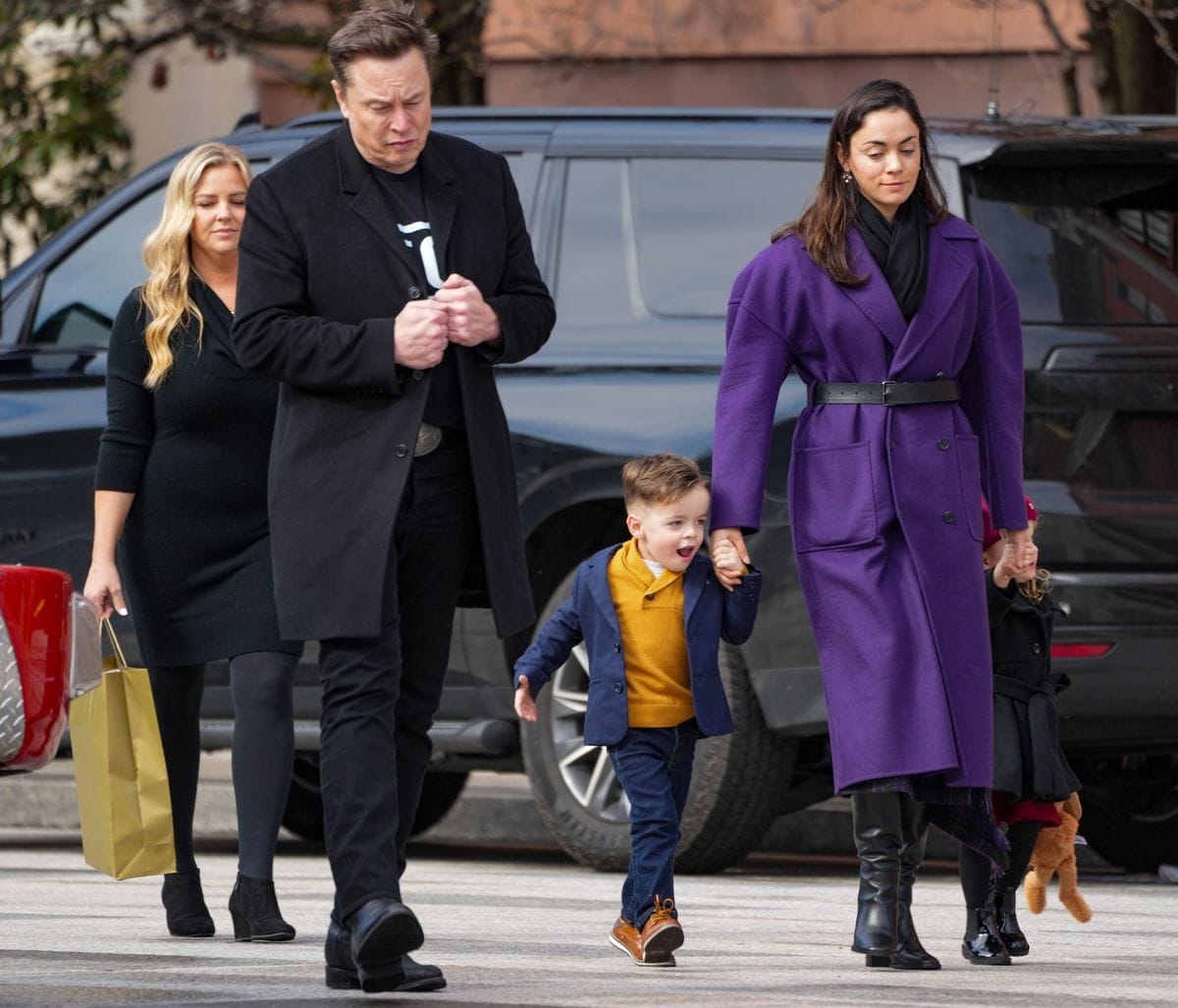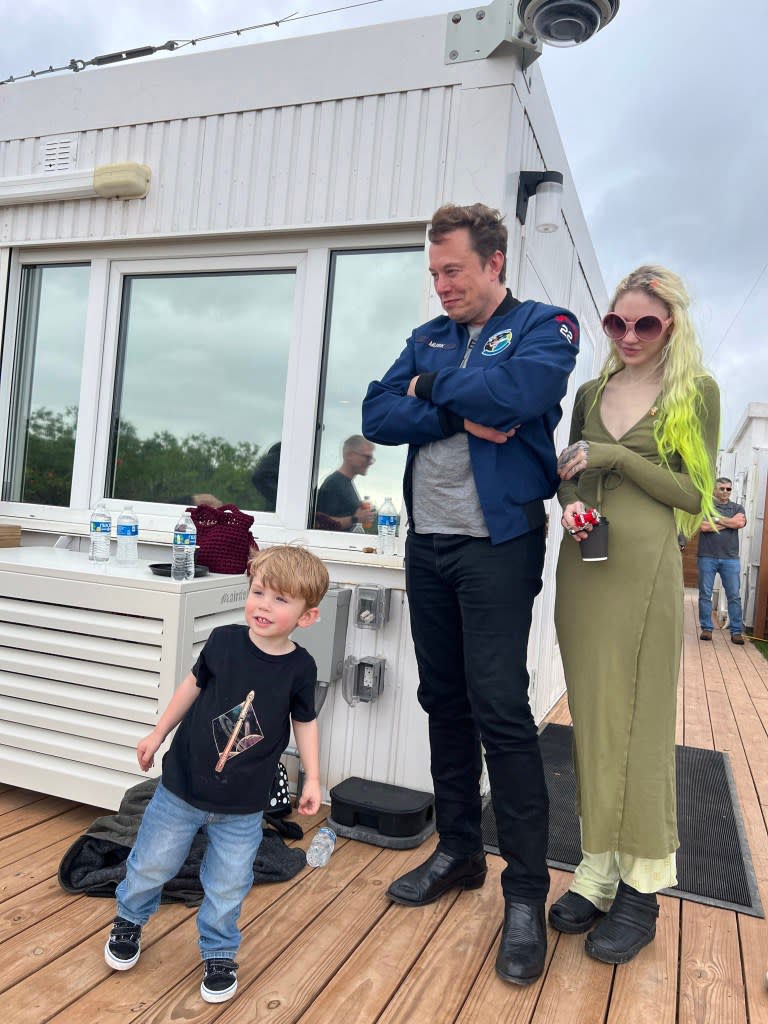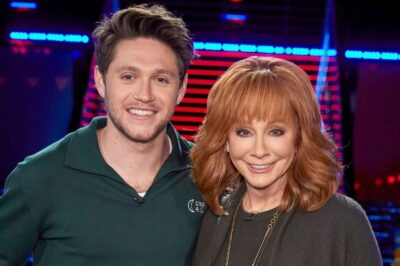During an interview at the Cannes Lions International Festival of Creativity, Elon Musk, the CEO of Tesla and SpaceX, made an intriguing statement regarding his views on life and death.
Musk’s words, which were delivered in a candid conversation with Mark Read, CEO of WPP, sparked discussions on more than just the future of innovation—his comments also brought up potential future disputes over his wealth and legacy, particularly with his 14 children.
Musk’s remarks have made many speculate on the future of his vast fortune and whether his large family would face internal conflict over the inheritance when the time comes.
Musk is widely known for his groundbreaking work in technology, space exploration, and electric vehicles, but this statement brought attention to an entirely different aspect of his legacy: his thoughts on mortality and its role in leadership, society, and wealth distribution.
Musk has long been an advocate for new ideas and believes in the necessity of change, both in leadership and societal structures. He argues that the idea of living for an extended period could stifle progress and lead to stagnation.

During the Cannes Lions interview, Musk explained that he hadn’t made any investments in the longevity industry and shared his belief that it is important for humans to die at some point. “I think it is important that we die at least at some point,” Musk said. “If we live for too long, I think it does ossify society. There’s no changing of the leadership because leadership never dies.”
Musk added that prolonged life could lead to a lack of fresh ideas and change, which he views as essential to a thriving society. “Think of some of the worst individuals in the world. How long do you want them to live?” he joked.
Musk’s comments weren’t entirely new. He has voiced similar sentiments in the past. In 2021, he called death “important,” stating that he didn’t believe anyone should try to live for an exceptionally long time.
This perspective sets Musk apart from many of his Silicon Valley contemporaries who are actively investing in longevity and anti-aging technologies. While Musk has been vocal about his views on death, many of his peers are pouring significant amounts of wealth into efforts to reverse aging at the cellular level.
:max_bytes(150000):strip_icc():focal(749x0:751x2)/elon-musk-twins-names-090723-7ab20e21ef5b4b6f92c58cfb70a239b9.jpg)
Notably, figures like Jeff Bezos, Peter Thiel, and OpenAI’s Sam Altman are deeply invested in companies dedicated to longevity, using their considerable resources to combat aging and age-related diseases. In contrast to Musk’s position, these individuals see the extension of life as a way to continue contributing to society for as long as possible.
They believe that living longer can facilitate the accumulation of more knowledge and experience, which could, in turn, lead to greater innovation and progress. Google’s Sergey Brin is also involved in funding research into reversing the effects of aging, with a particular focus on diseases like cancer and Parkinson’s.
Musk’s stance on the subject of death is largely shaped by his deep concern about societal change and innovation. He fears that if society is dominated by aging leadership, there would be less room for new ideas, fewer opportunities for young leaders to emerge, and less flexibility in decision-making.

His focus, he says, is on ensuring that humanity remains dynamic, driven by a flow of new ideas and youthful innovation. Musk’s views also reflect his belief in the necessity of continued progress, particularly when it comes to addressing challenges like low birth rates, which he has identified as one of the “biggest risks to civilization.”
Musk has repeatedly warned about the dangers of a declining population, arguing that without children, society could face severe demographic and economic consequences. He sees the aging population as a contributing factor to the potential “crumbling” of civilization.
This concern about population decline may explain Musk’s emphasis on family, having 14 children with various partners. Musk believes that the world needs more children, particularly from those who are capable of contributing positively to society. His own large family serves, in part, as a response to this societal challenge.
However, Musk’s remarks on mortality have raised intriguing questions about how his legacy will unfold—particularly concerning his vast wealth and the future of his 14 children. Musk’s views on leadership, change, and the role of death have led many to wonder how his children might handle the inheritance and division of his assets, should such a situation arise.
With Musk being a father to 14 children from different relationships, potential disputes over inheritance seem inevitable, especially considering the vast fortune he has accumulated through his businesses.
As Musk himself has often said, leadership and the direction of society are intertwined with the need for change and new ideas. However, when it comes to his own family, questions about how his children will handle the complexities of their father’s legacy and financial empire linger.

It’s hard to imagine how such a diverse group of individuals—Musk’s various children and their differing personal backgrounds—will navigate the future and what their relationship with their father’s fortune will look like after his passing.
Musk’s wealth and assets are spread across several successful ventures, including Tesla, SpaceX, and Neuralink. These companies represent not just his legacy but his commitment to pushing the boundaries of technology and space exploration.
His children will likely inherit a share of this vast fortune, but how they will divide and manage such wealth could spark disagreements. Given Musk’s personality and his often unconventional approach to both business and life, it is unclear how much he has prepared for such a scenario. He has been very private about his plans for wealth distribution, which only adds to the intrigue.
One aspect that makes this situation particularly interesting is Musk’s view on death and its role in leadership. If Musk’s leadership philosophy holds true, his children might eventually have to contend with a leadership vacuum, where new ideas and innovation may be stifled by the accumulation of wealth and the inheritance of power.

Musk himself has suggested that if people live too long, societal leadership can become “ossified,” preventing fresh ideas from emerging. This sentiment will undoubtedly influence how his children interact with the assets they inherit and the companies Musk leaves behind.
As of now, Musk’s representatives have not responded to media requests for comment, which leaves many questions unanswered. Will Musk’s children work together to continue his legacy, or will they clash over the distribution of his wealth and influence?
How will Musk’s views on longevity and death influence the way his family handles the future? These questions remain open, but one thing is certain: Musk’s legacy, particularly regarding his wealth and children, will continue to be a topic of heated discussion in the years to come.
In conclusion, while Musk’s personal views on longevity and the necessity of death are clear, they open up broader questions about the future of his family and the potential disputes over his vast fortune. As society grapples with issues of aging, leadership, and inheritance, Musk’s own children may face challenges of their own—both in terms of their personal relationship with their father and how they manage the enormous legacy he will inevitably leave behind.
The topic of inheritance within Musk’s family is not just a financial matter; it’s an issue that speaks to the heart of leadership, legacy, and the future of society itself.
News
“I Still Miss Him”: Dolly Parton Breaks Down Mid Song as Reba McEntire Joins Her for Heart Shattering Tribute to Late Husband Carl Dean.
“I Still Miss Him”: Dolly Parton Breaks Down Mid Song as Reba McEntire Joins Her for Heart Shattering Tribute to…
This guitar carried my soul on its strings when no one knew my name…
In the electric silence that follows a singer’s last note, when the world holds its breath in anticipation of what’s…
The Voice reveals 4 returning coaches for season 28 including Niall Horan and Reba McEntire
The duo will be joined by fellow show alums Michael Bublé and Snoop Dogg. Nial Horan and Reba McEntire on…
Reba McEntire: “Drag Queens Don’t Belong Around Our Kids”
Reba McEntire Sparks Controversy with Statement on Drag Queens and Children. Country music legend Reba McEntire has found herself at…
Reba, Miranda Lambert, & Lainey Wilson Debut Powerful New Song, “Trailblazer,” At The ACM Awards
“Trailblazer” Is A New Song That Celebrates The Influential Women Of Country Music’s Past And Present Reba McEntire, Miranda Lambert, and Lainey…
Jennifer Aniston made a surprise appearance with a dazed expression and an unresolved…
Jennifer Aniston is no stranger to the public eye. For decades, she’s been one of the most beloved faces in…
End of content
No more pages to load













